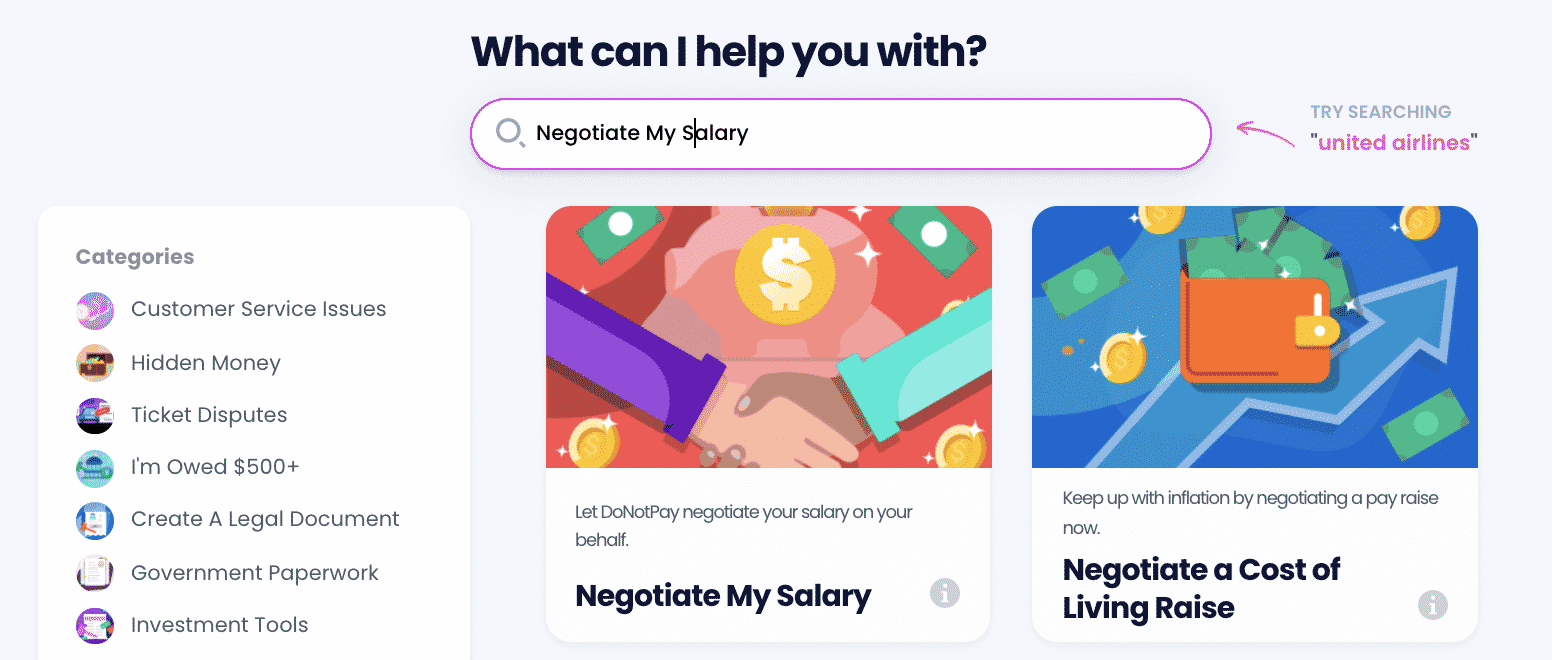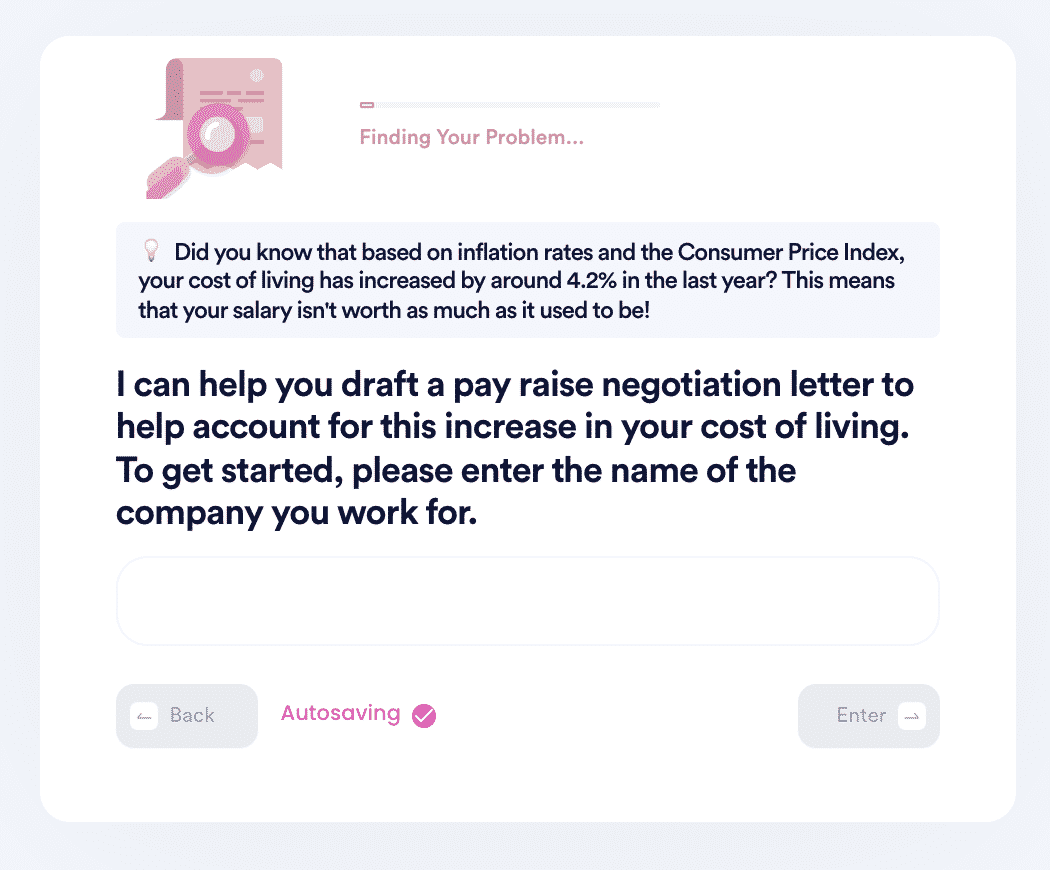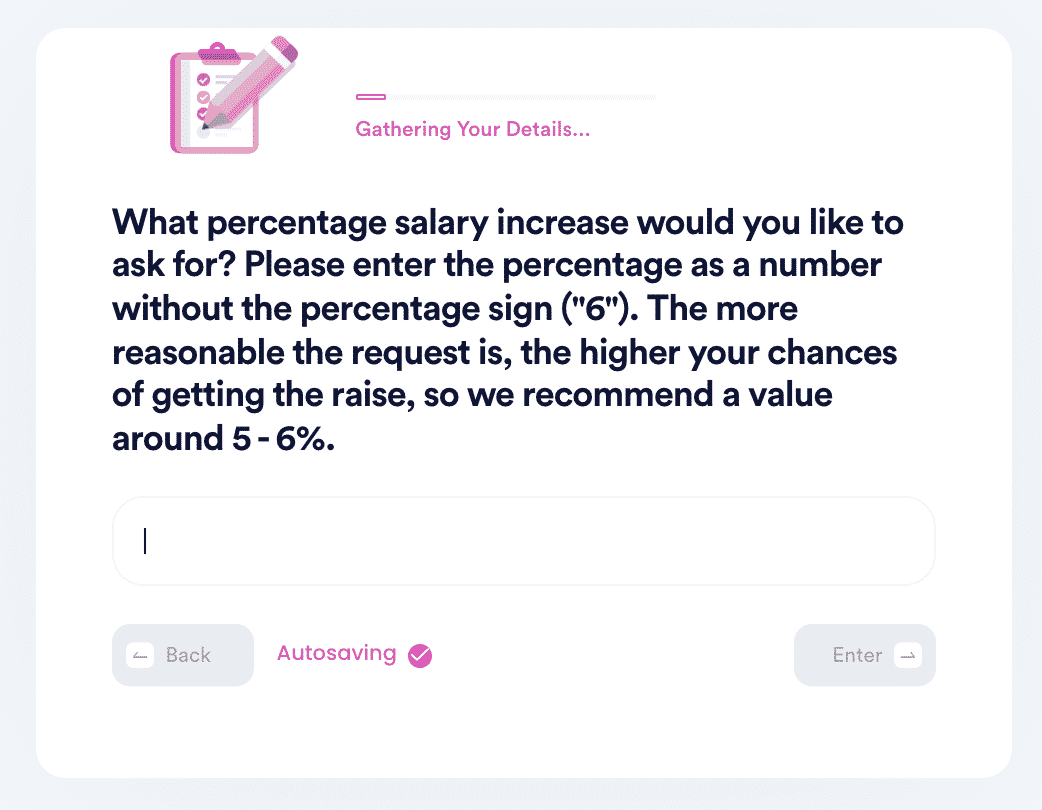How to Ask For a Raise When Given More Responsibility
When you're given more responsibility at work, it's typically because you've been found to be trustworthy with what you were given previously. That's something to be proud of. However, it still equates to more demands on your time and talents.
If you are providing more value than what was initially deemed to be part of your job duties, it's time to consider . You've proven your value - even beyond expectations. Your compensation should reflect your additional responsibilities.
What Does it Mean to Negotiate a Raise in Salary?
Many requests for a are denied because the requestor lacks an understanding of how negotiations work. Negotiations require two parties to start at opposing points and arrive at an agreeable middle ground. To find this middle ground, both sides express their reasons for where they are at various points in the negotiation.
For salary negotiations, it's critical to remember negotiations are a back and forth that includes requests backed by data. It's not an ultimatum. Not recognizing the difference can cause an unrecoverable breakdown in salary negotiation.
Considerations When Negotiating a Raise in Salary
It can be frustrating to find yourself with added responsibility without added compensation. However, before you request a raise in salary, consider the following to better your chances of success:
- How long have you had increased responsibilities? Is this a temporary situation where your employer has a special project going or is attempting to fill a vacancy? Pitching in as a team during stressful times may be an expectation that can have its own rewards down the road if you do it willingly, without the expectation of additional compensation.
- Should you be asking for a salary increase or a change in position? Additional responsibilities in the same position are a justifiable reason to request a raise in salary. However, if you are doing the work of another position without a promotion, you may need to have another conversation that could result in an advancement in position and an even more significant increase in salary.
- Where are you currently on the salary scale for your position? If you're currently at the top of the pay scale for your position and are being given more responsibility, raising your salary may not be an option. Instead, there may be a need to create a new position for the added responsibilities to allow more flexibility on the salary scale. Having a frank conversation about the expectations of your current job and your future could lead to greater rewards.
How to Negotiate a Raise in Salary Due to Additional Responsibilities
The good news is that your employer is likely pleased with your work, or they wouldn't have entrusted you with more responsibility. This trust is a great place to start salary negotiations. However, before just jumping into a conversation about an increase in salary, prepare the following:
- Consider the method. According to your work environment, you could be handling a request for an increase in salary by phone, email, or in person. If you have an option, which one do you feel will better position you to advocate for your raise? Avoid taking the easy communication route and instead, consider which one has the best chance of success.
- Prepare for the conversation. Whether by email, phone, or in person, negotiations involve back and forth in communication, in essence, a conversation. Be prepared with the facts about your current position, industry statistics, your contributions, inflation, and any other relevant data. Often, this eliminates some of the back and forth in the negotiating process upfront.
- Express your value. Yes, your employer has placed additional trust in you with added responsibility. However, there's a good chance they did so without knowing everything you were doing before that. Explain how you've made an impact up until now and how you'd like to continue providing added value, but with commiserate compensation.
- Understand it's a process. Don't be disappointed when your first request is denied. Ask questions. At what point in time and responsibility will you be eligible for a salary increase? Could other benefits be provided instead of a salary increase, such as additional time off, stock shares, etc.?
Whew, that's a lot to take in and process. After all, you're busy with all of those added responsibilities. One of the things you've probably learned on the job is to take advantage of all the resources available to you. DoNotPay is a valuable resource to help you with your salary negotiations.
Extra Tips for Negotiating a Raise
Here are some bonus tips for a better chance of higher pay:
| Be backed with hard data | Show evidence of what you are worth. Compile past achievements and the additional responsibilities that you will shoulder to justify your raise and how much you could further help the institution. |
| Timing | Knowing when to ask is critical when asking for a higher salary. For example, don't ask for a raise when the fiscal year is about to end when budgets are already settled. |
| Be confident | If you know you are worth more than they are offering after getting more responsibilities don't be reluctant to negotiate for higher pay. Advocating for yourself is a sign of confidence that can help you get the raise you wanted. |
Salary Negotiation Help With DoNotPay
No time to hunt down statistics and draft a professional salary negotiation document? Don't let that be a reason to have your work undervalued, as you take on additional responsibility. DoNotPay is here to help.
How to negotiate your salary using DoNotPay. All you have to do is:
- Search for 'Negotiate My Salary' on DoNotPay.

- Fill in your company's name and the industry you're in for us to compile wage statistics in your field.

- Write your achievements and qualifications.

- Enter your preferred base salary.

And that's it! Once the information is finalized, DoNotPay will generate an official salary negotiation letter that you can then email or present to your employer!
Why Use DoNotPay to Ask For a Raise Due to More Responsibilities
There are several reasons why you should consider DoNotPay, we are:
- Fast—You should not stress over drafting the negotiating letter by yourself, which may take hours, while DoNotPay can generate one on your behalf.
- Easy—With DoNotPay, the entire process involved when negotiating a raise is less complicated and frustrating.
- Successful—You can rest assured that DoNotPay will deliver.
What Else Can DoNotPay Do?
Now that your raise in salary is well on its way, what else can DoNotPay make faster, easier, and more successful? The answer is - a lot! You don't have to spend your valuable time tracking down details on dealing with life's mundane but necessary tasks. DoNotPay helps make the most difficult tasks easier, including:
- How to cancel
- Reducing property taxes
- Workplace discrimination
- Chargebacks, and refunds
- Much, much more
With all that added responsibility, your time away from work should be spent relaxing and spending time with those you care about most. Let DoNotPay help make your life easier, so you can make life more fulfilling.


